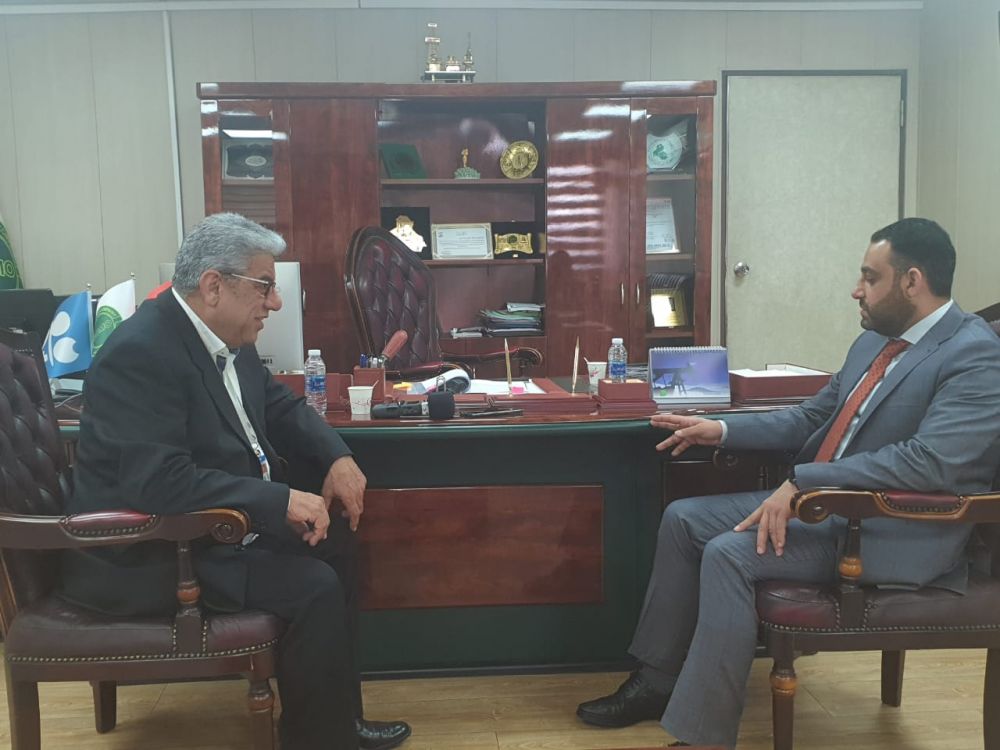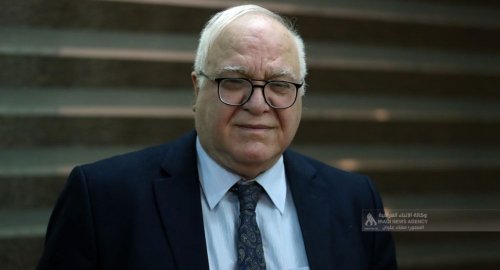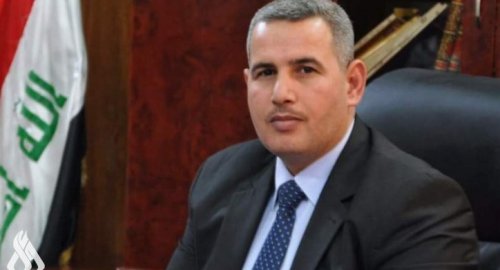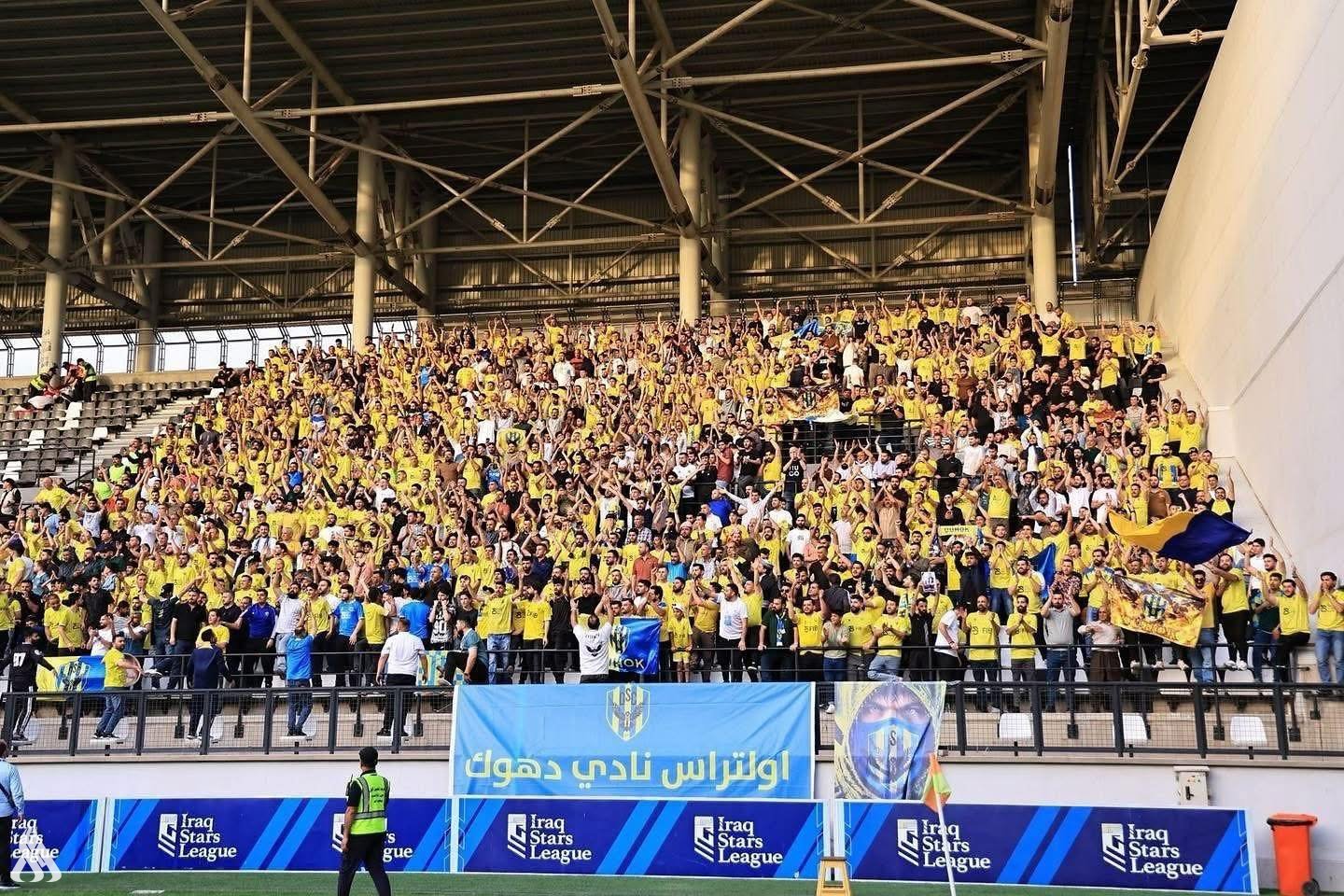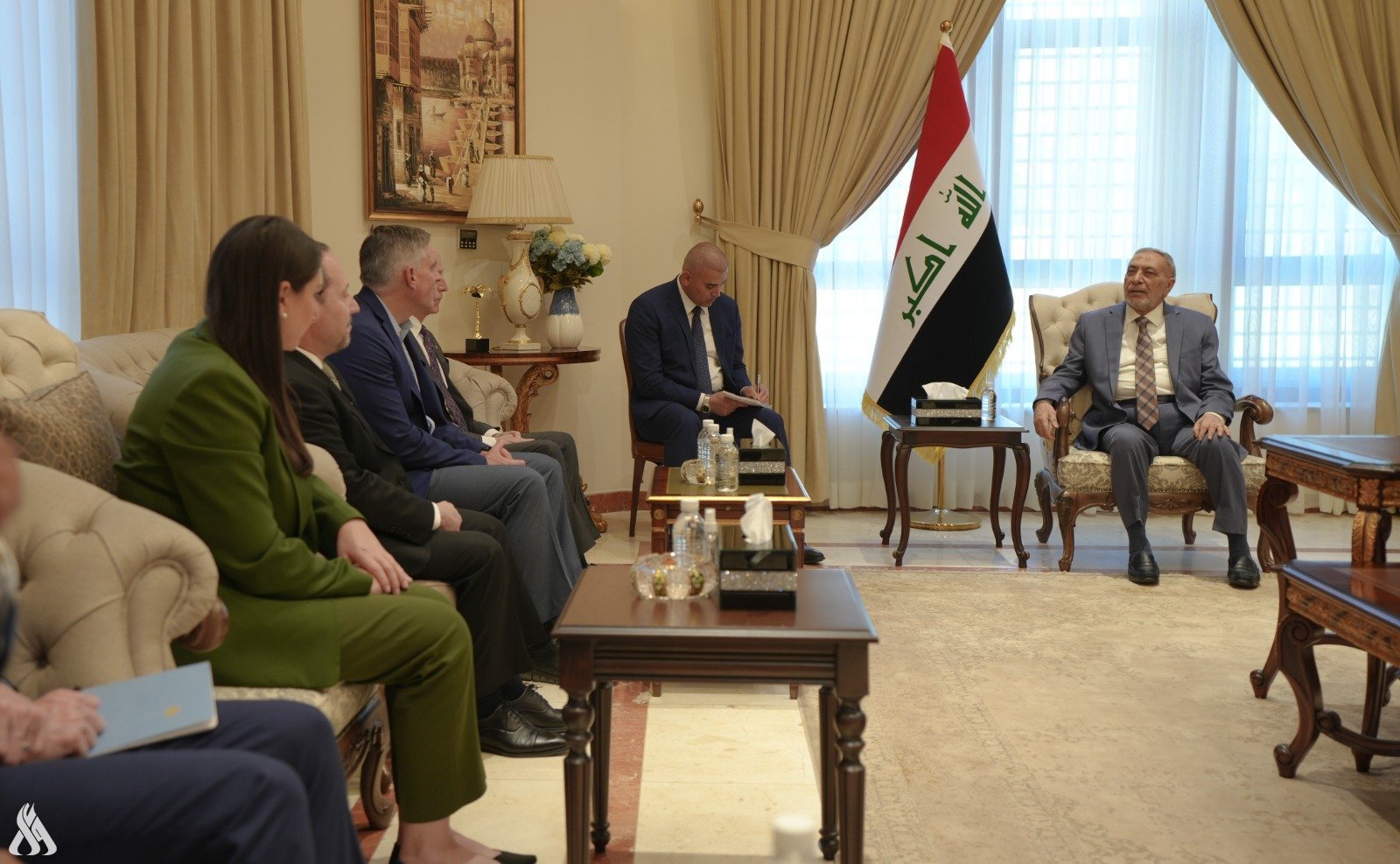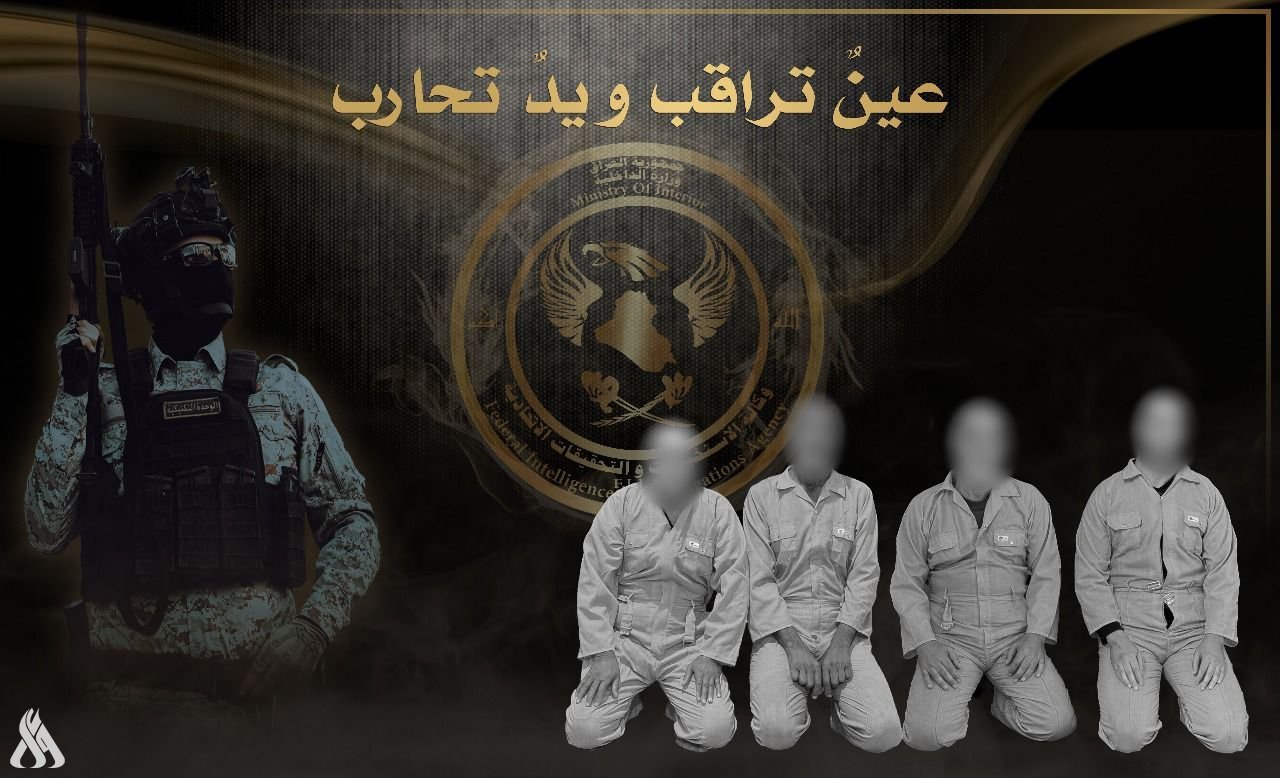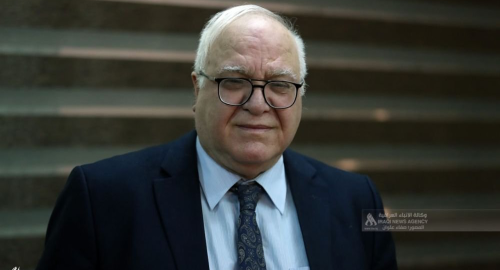
PM financial advisor: High oil prices surplus will cover three important aspects

- 18-10-2021, 19:39
INA - BAGHDAD
The financial advisor to the Prime Minister, Mazhar Muhammad Salih, confirmed on Monday, that the financial surplus from the increase in oil prices will cover three important aspects, including filling the expected deficit in the current year's budget.
“The financial surpluses achieved from the increase in oil prices and their reaching $75 per barrel, will cover at least three aspects," said Salih in a statement to the Iraqi News Agency (INA).
He noted that "the first aspect is covering the planned deficit in the general budget for the year 2021, which amounts to 29 Trillion dinars. As for the second aspect, it is related to covering the real additional deficit gap of less than 10 trillion dinars, which is caused by the failure to estimate non-oil revenues, which only achieve 40% of their estimated or planned estimates in the budget, which unfortunately causes pressure on the planned annual spending and its ceilings, which are caused by the country's financial collection institutions are underdeveloped,”
"The third aspect goes towards supporting faltering projects whose operation is intended to continue, and for which many business contractors demand an adjustment in implementation costs (spare parts) due to the exchange rate change before the initial contract or other changes in the operating costs of ongoing projects," he added, explaining that "the disposal of financial surpluses, is not easy due to the large number of restrictions and obligations within the general budget itself, including postponing the payment of many expenses that are payable and were not spent in previous years,”
Salih pointed out that "there are dozens of laws that carry financial burdens that the public finances are unable to implement the resulting increases, even according to the hypothesis of achieving an annual average price of a barrel of oil of $75 compared to the price fixed in the federal general budget for the year 2021 of $45 a barrel,”
On the regard of the possibility to adjust the exchange rate of the dollar to the Iraqi dinar, Salih said, “Adjusting the exchange rate is one of the actions of monetary policy in achieving stability, targeting inflation and limiting the rise according to the effective Central Bank law,”
He went on noting that “this is a matter that takes into account monetary balance considerations, two restrictions, the first that the coverage in foreign currency reaches the local liquidity, which has increased significantly, due to financing the deficit in government expenditures, that led to the expansion of the monetary base, or what is sometimes called in the literature the (domestic) cash reserve, and if the foreign reserves outweigh the (domestic) cash reserve in a way that does not threaten the country's foreign reserve wealth or its depletion and maintains its stability, accumulation and general stability in prices,”
“The second limitation is that the effects of the adjustment in the exchange rate should be fully consistent with the objectives of the country's fiscal policy and its level of stability, meaning that it should not threaten the sustainability of the budget or cause sudden stumbles in public revenues due to changing monetary values and entering into failures (compensatory value deficit) in the general budget itself due to the volatility of monetary policy," he said, explaining that "this requires always high and accurate coordination within the country's supreme economic policy operations,”
Duhok of Iraq and Qadsia of Kuwait match kicks off
- Sport
- 25/04/15
Four Daesh terrorists detained in Salahuddin
- Security
- 25/04/14
PM: The value of investment licenses in Iraq reaches $88 billion
- politics
- 25/04/09
